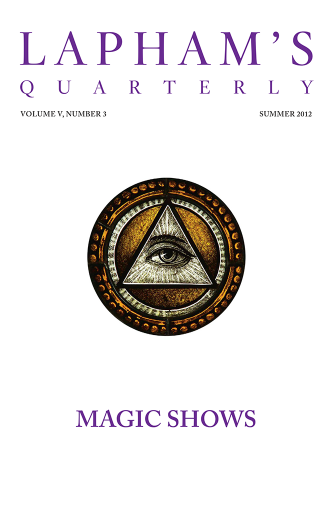The perpetual intercourse between the court and the provinces was facilitated by the construction of roads and the institution of posts. But these beneficial establishments were accidentally connected with a pernicious and intolerable abuse.
Two or three hundred agents or messengers were employed, under the jurisdiction of the master of the offices, to announce the names of the annual consuls, and the edicts or victories of the emperors. They insensibly assumed the license of reporting whatever they could observe of the conduct either of magistrates or of private citizens, and were soon considered as the eyes of the monarch and the scourge of the people. Under the warm influence of a feeble reign they multiplied to the incredible number of ten thousand, and exercised in the profitable management of the posts a rapacious and insolent oppression. These official spies, who regularly corresponded with the palace, were encouraged, by favor and reward, anxiously to watch the progress of every treasonable design, from the faint and latent symptoms of disaffection, to the actual preparation of an open revolt. Their careless or criminal violation of truth and justice was covered by the consecrated mask of zeal and they might securely aim their poisoned arrows at the breast either of the guilty or the innocent, who had provoked their resentment, or refused to purchase their silence. A faithful subject, of Syria perhaps, or of Britain, was exposed to the danger, or at least to the dread, of being dragged in chains to the court of Milan or Constantinople, to defend his life and fortune against the malicious charge of these privileged informers. The ordinary administration was conducted by those methods which extreme necessity can alone palliate; and the defects of evidence were diligently supplied by the use of torture.
These evils, however terrible they may appear, were confined to the smaller number of Roman subjects, whose dangerous situation was in some degree compensated by the enjoyment of those advantages, either of nature or of fortune, which exposed them to the jealousy of the monarch. The obscure millions of a great empire have much less to dread from the cruelty than from the avarice of their masters; and their humble happiness is principally affected by the grievance of excessive taxes, which, gently pressing on the wealthy, descend with accelerated weight on the meaner and more indigent classes of society.
From The History of the Decline and Fall of the Roman Empire. This corps of spies—called agentes in rebus, “those active in affairs”—was conceived around 319 to replace the services of the frumentarii, an earlier class of Roman special agents who had become publicly despised and were outlawed by Diocletian. While in Rome in 1764 at the age of twenty-seven, Gibbon received the inspiration to write his work among “barefooted friars” singing “in the temple of Jupiter.” He published the first volume in February 1776, five months before the American colonies voted for independence.
Back to Issue





